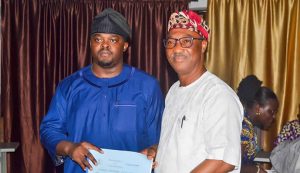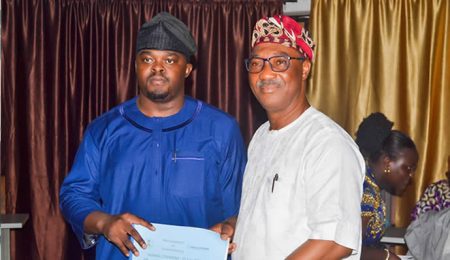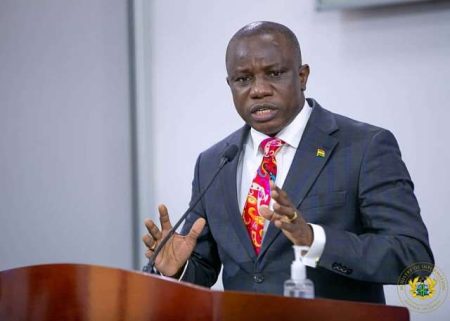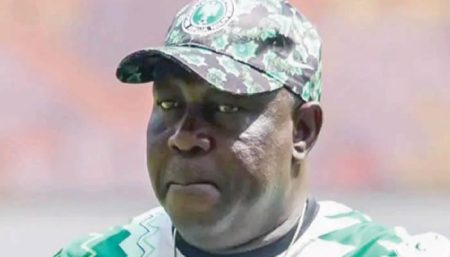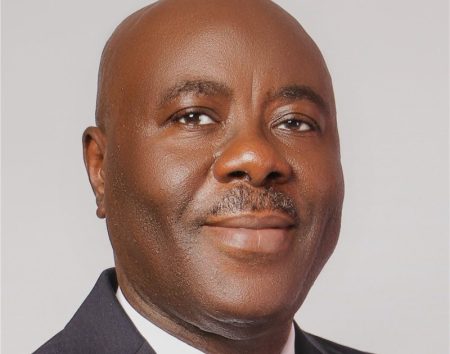Rotimi Amaechi, a former Minister of Transportation and key figure in a newly formed political coalition, has declared unwavering support for the African Democratic Congress (ADC)’s presidential candidate for the 2027 general elections. This coalition, comprised of prominent political figures who have recently departed from established parties like the All Progressives Congress (APC) and the Peoples Democratic Party (PDP), aims to present a united front against the ruling APC and address what they perceive as widespread hardship and hunger under the current administration. Amaechi emphasized the coalition’s commitment to a transparent and fair primary process within the ADC, assuring that all members will rally behind the eventual nominee, regardless of individual preferences. This pledge underscores the coalition’s focus on unity and its determination to offer a viable alternative to the current political landscape.
This nascent political movement is driven by a shared concern over the direction of the country and a belief that the APC’s governance has failed to meet the needs of the Nigerian people. Amaechi’s call to action, urging Rivers State residents to join the ADC, reflects the coalition’s strategy to build grassroots support and mobilize voters against the ruling party. He framed the 2027 election as a critical opportunity to alleviate the suffering experienced by many Nigerians, positioning the ADC as the vehicle for change and a return to prosperity. This message resonates with the coalition’s broader narrative of rescuing Nigeria’s democracy from what they see as the APC’s increasingly authoritarian tendencies.
The coalition itself represents a significant realignment of political forces within Nigeria, bringing together figures who were once rivals in a shared pursuit of power. Among its key members are former Vice President Atiku Abubakar and former Anambra State Governor Peter Obi, both of whom contested the previous presidential election against the incumbent Bola Tinubu. Their presence in the coalition signifies a consolidation of opposition voices and a potential shift in the balance of power. The inclusion of seasoned politicians like former Senate President David Mark further strengthens the coalition’s credibility and its potential to draw support from across the political spectrum.
David Mark, serving as the interim chairman of the coalition, has articulated the group’s overarching mission as a twofold endeavor: safeguarding Nigeria’s democracy and preventing the country’s descent into a one-party state. This statement underscores the coalition’s concern that the APC’s dominance threatens the fundamental principles of democratic governance. By presenting a united front, the coalition aims to provide a check on the ruling party’s power and ensure a more competitive political landscape. This objective aligns with the coalition’s broader goal of offering voters a genuine alternative and preventing the erosion of democratic institutions.
The coalition’s formation under the ADC banner represents a strategic decision to leverage an existing political platform rather than creating a new party from scratch. This approach allows the coalition to bypass the complexities and time constraints associated with establishing a new party, enabling them to focus on building momentum and mobilizing support ahead of the 2027 elections. Choosing the ADC also provides the coalition with an established organizational structure and a potential base of support upon which to build. This strategic move highlights the coalition’s pragmatic approach to challenging the ruling party and maximizing its chances of success in the upcoming election.
The success of this new political coalition hinges on several factors, including its ability to maintain unity among its diverse members, effectively communicate its message to the Nigerian electorate, and build a strong grassroots organization. The coalition faces the challenge of overcoming potential internal divisions and presenting a cohesive vision for the country. Furthermore, it must navigate the complexities of Nigerian politics and contend with the considerable resources and influence of the ruling APC. The 2027 elections will serve as a crucial test of the coalition’s viability and its ability to translate its shared concerns into tangible political change. The outcome will significantly impact the future trajectory of Nigerian democracy and the country’s socio-economic landscape.


